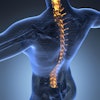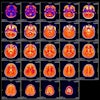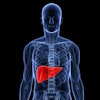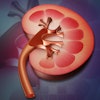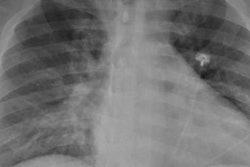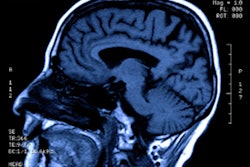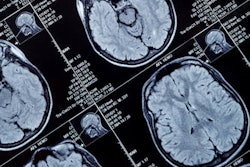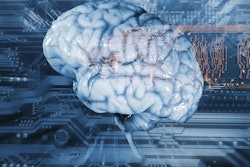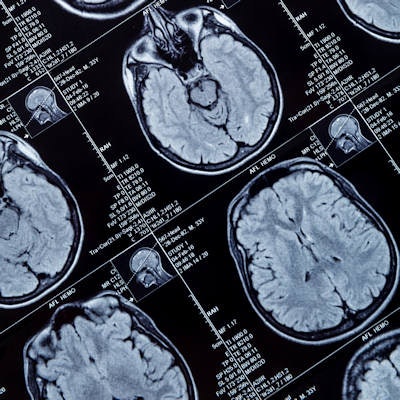
Functional MRI (fMRI) shows that patients with severe COVID-19 with prolonged unresponsiveness may have a better chance at recovery than expected, according to a study published July 1 in the Annals of Neurology.
A team led by Dr. David Fischer of Massachusetts General Hospital in Boston outlined the case of a 47-year-old man with severe COVID-19 and prolonged unresponsiveness and structural brain abnormalities who showed intact brain connections on fMRI. The man later recovered enough to follow verbal commands, such as blinking his eyes, opening his mouth, and tracking visual and auditory stimuli with his eyes.
In addition to standard brain imaging, researchers used resting-state fMRI to evaluate the patient's brain networks, which showed working connectivity in his default mode network (DMN), which is believed to be in charge of consciousness.
Studies have shown that strong DMN connectivity translates to better neurologic recovery, and the patient's DMN connectivity was comparable to that of healthy people, the group found.
"Our unexpected observations do not prove that functional MRI predicts outcomes in these patients, but they suggest that clinicians should consider the possibility that unresponsive survivors of severe COVID-19 may have intact brain networks," senior author Dr. Brian Edlow said in a statement released on July 6 by the hospital. "We should thus exercise caution before presuming a poor neurologic outcome based on our conventional tests."

